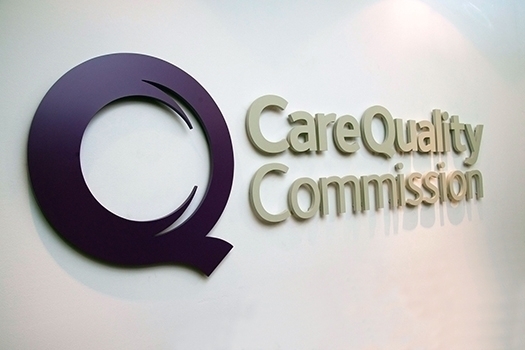The CQC increased the number of enforcement actions it took last year in an effort to ‘protect’ the public.
In its latest annual report, the CQC said it had taken ‘decisive action’ this year to protect people by increasing the use of its ‘civil and criminal powers,’ issuing more civil and criminal actions and fewer warning notices in 2018/19.
Over the past year, it issued almost one third more (32.7%) criminal actions – which includes fixed penalty notices, prosecutions and simple cautions – against medical providers than in 2017/18 – 211 actions compared to 159 in the previous year.
It also enforced 1,089 warning notices in 2018/19 compared to 1,343 in 2017/18 and increased the number of civil actions by 16% to 906 actions this year.
The regulator acknowledged that while the public mostly believe it ’effectively’ inspects medical services, there was ’more to do to reassure the public’ of the work it does.
The CQC document said: ‘While the majority (74%) of people in our 2018 public awareness survey told us that they trust CQC is on the side of people who use services, we have more to do to reassure the public about the work that we do, with 60% agreeing in the survey that CQC can effectively monitor, inspect and regulate the services that they use.’
It follows the BMA’s calls for a review of CQC processes which it said had been ‘causing stress’ and GP burnout.
In total, the CQC issued 77 fewer actions this year, a total of 2,206 enforcement actions in 2018/19, but it said the increase in criminal actions taken was a ’continuing trend over the last two years.’
It added: ’Our case management tracking system is helping to strengthen our criminal action work.’
In response to the annual report, CQC chief executive Ian Trenholm said: ’The progress we have made in 2018/19 has been down to the hard work and commitment of the many people who work across this organisation. From the conversations I have day to day I am also absolutely clear that each and every person who works at CQC is committed to improving even further to ensure that more people are able to access high-quality care.
’At CQC we are ultimately accountable to people who use services. We want to make sure that we do all we can to protect people from poor care and encourage improvement, while offering value for money to providers, and being an efficient and effective regulator. In the past year we have made significant strides towards this, and we have a roadmap of activity to allow us to continue to improve.
‘This report is an opportunity to take stock of what has gone well, what could be done better, and to learn from it. We have embarked on an important programme to strengthen our digital capability and our organisational systems and processes to make it easier for us to do our jobs, easier for providers to work with us to do their jobs, and easier for the public to use what we know. These changes will not happen all at once – we will take an iterative approach, testing new and redesigned approaches to make sure that the ultimate outcome is more high-quality care for those who need it.’
Pulse October survey
Take our July 2025 survey to potentially win £1.000 worth of tokens













